Layer 3 is one of the important Layer of OSI Model. This corresponds Internet Layer of TCP/IP Model. Layer 3 or Internet Layer handles end to end delivery of the data. In other words it provides Routing. Routing is one of the main lessons of computer network world.
Layer 3 provides Routing with the help of a Routed Protocol and unique addresses. There are some Layer 3 Routed Protocols like IP, IPX, Apple Talk, CLNX etc. exist. For now, almost all networks use IP (Internet Protocol) as a Layer 3 Routed Protocol. And IP provides unique IP Addreses. Beside Routed Protocol IP and IP Addresses, there is also other protocols that helps Routing. These Protocols are Routing Protocols.
There are also other protocols that work on Layer 3 like ICMP, IGMP etc… We will talk about them specificaly later.
Layer 3 provides the communication of the devices that works with different Layer 2 technologies. It do not interested in what Layer 2 Protocol is used in the networks. It only looks the L3 Address and according to it, it sends the data to the destination.
IP (Internet Protocol)
IP (Internet Protocol) is the main Layer 3 Routed Protocol. It encapsulates the coming Segment from Layer 4 with its own IP Header and convert the Segment to a Packet. Then it sends the packet to Layer 2. In the reverse direction, it delivers the packet to the Layer 4.
There are two versions of IP. IPv4 and IPv6. Each versions has a different Header Areas. You can check these areas below:
IP provides end to end data delivery with the help of IP Addresses and Routing Protocols. IP Addresses provide being unique in the network and in the Internet. This is like the address of your home. Think about it, how your posts are coming to your house and never mixed with other posts? Because your address is unique and there is only one address for your house in the world. IP addresesing is like this. By the way, some same addersses(Private address blocks) can be used times and times, we will talk about them later.
For the Other Parts of these article series, you can check the below lessons :
IPv4 – IP and Layer 3 Overview
IPv4 – IP Addressing
IPv4 – Subnetting and Subnetting examples
IPv4 – Home Internet Connection Basics
For IPv6 Addressing, you can check the below lessons :
IPv6 – Part 1 (IPv6 and IPv6 Addresses)
IPv6 – Part 2 (What does IPv6 bring?)
IPv6 – Part 3 (Address Types in IPv6)
IPv6 – Part 4 (Subnetting IPv6)


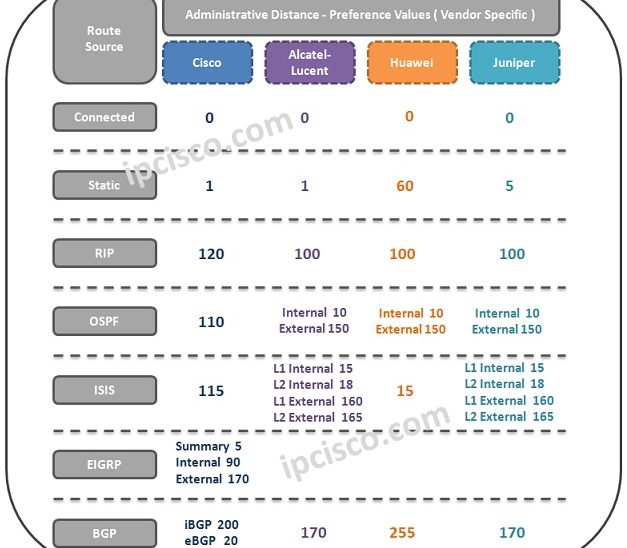

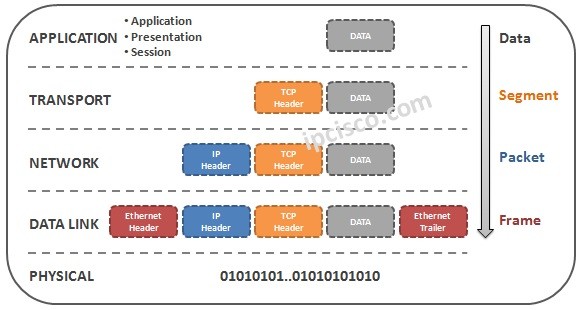
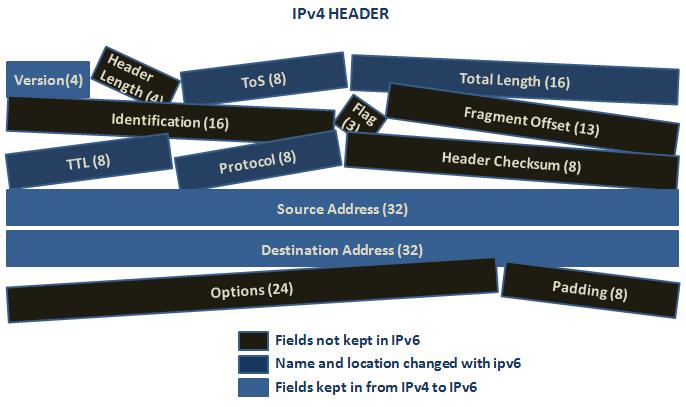
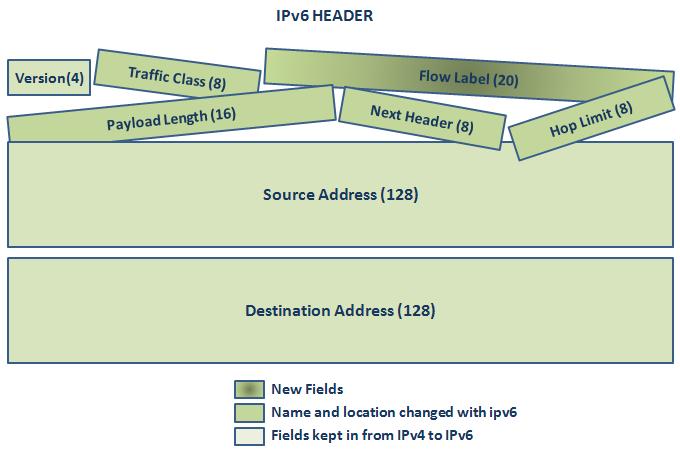

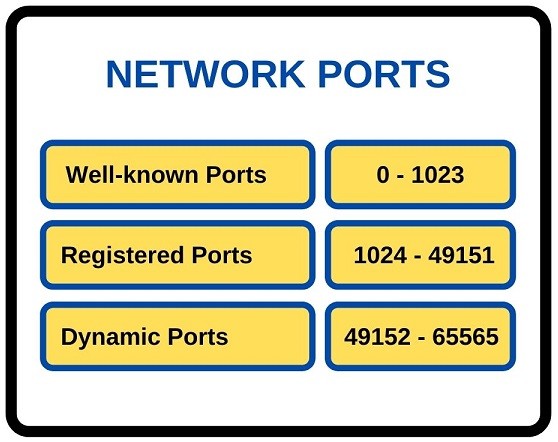
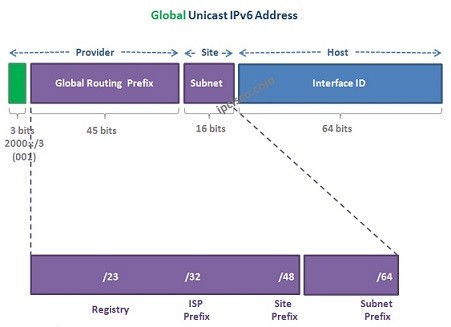
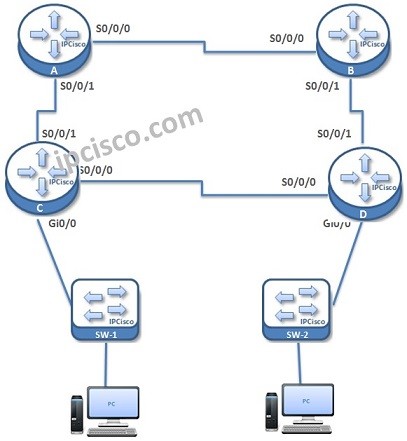
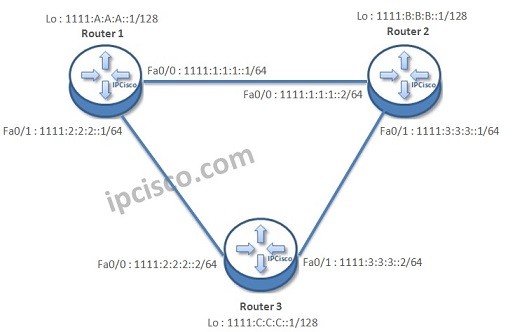
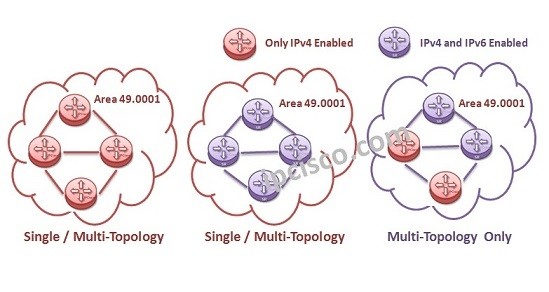

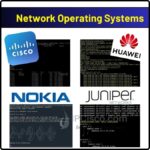



Leave a Reply